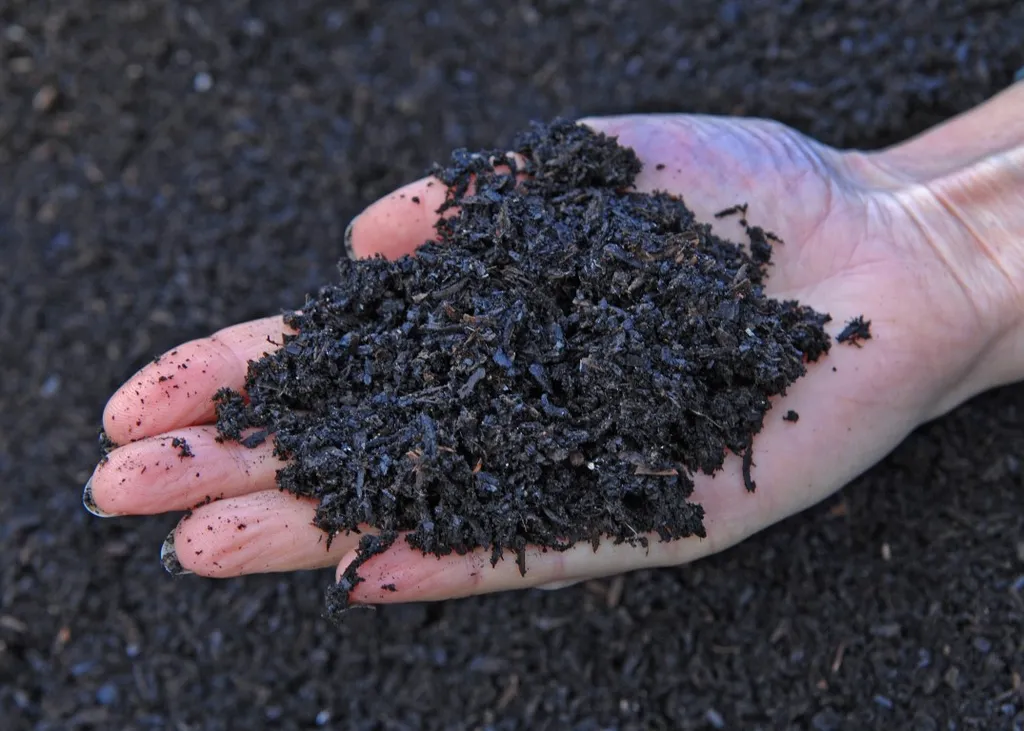In the heart of semi-arid North-Central Namibia, smallholder farmers face a formidable challenge: poor soil fertility that stifles agricultural productivity and threatens food security. But a glimmer of hope emerges from a recent review published in *Discover Agriculture*, led by Anna Maria Haufiku of the University of Namibia’s Department of Crop Production & Agricultural Technologies. The study delves into the transformative potential of organic and inorganic soil amendments, particularly biochar and compost, to revitalize wheat production in these harsh conditions.
Wheat, a cornerstone of Namibia’s agricultural sector, plays a pivotal role in food security and economic stability. Yet, the arid climate and depleted soils pose significant hurdles. Haufiku’s review synthesizes recent research to assess how soil amendments can enhance soil physicochemical properties and boost wheat yields. The findings suggest that converting locally available feedstocks—such as crop residues, forest biomass, and kitchen and animal wastes—into biochar and compost could be a game-changer for smallholder farmers.
“Organic soil amendments like biochar and compost not only improve soil fertility but also reduce greenhouse gas emissions and nutrient losses,” Haufiku explains. “This dual benefit makes them a sustainable and economically viable solution for farmers in semi-arid regions.”
The review highlights that biochar, in particular, holds promise beyond wheat production. Its use in tree nurseries and specialty-crop management could further diversify agricultural outputs and enhance farm resilience. By integrating these amendments into existing farming practices, farmers could achieve higher yields while minimizing environmental impacts—a critical consideration in the face of climate change.
The commercial implications of this research are substantial. As global demand for sustainable agricultural practices grows, the adoption of biochar and compost could open new markets for Namibian farmers. Additionally, the conversion of agricultural and household waste into valuable soil amendments presents an opportunity to reduce waste and create additional revenue streams.
Looking ahead, this research could shape future developments in sustainable agriculture, particularly in arid and semi-arid regions. By emphasizing the importance of soil health and innovative amendments, it sets the stage for a more resilient and productive agricultural sector. As Haufiku’s work demonstrates, the key to unlocking this potential lies in leveraging local resources and knowledge to create sustainable solutions that benefit both farmers and the environment.
For the agriculture sector, the message is clear: investing in soil amendments like biochar and compost is not just an environmental imperative but also a strategic business decision. As the world grapples with food security challenges, these findings offer a beacon of hope for farmers in Namibia and beyond.

